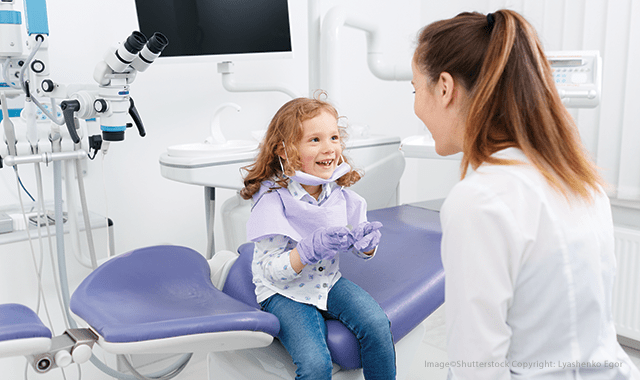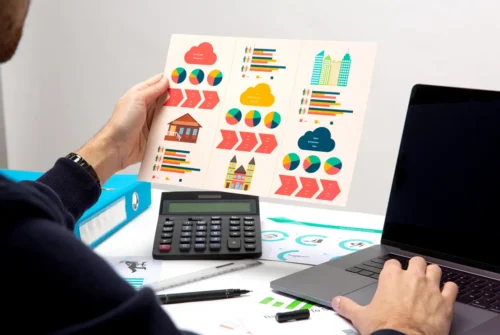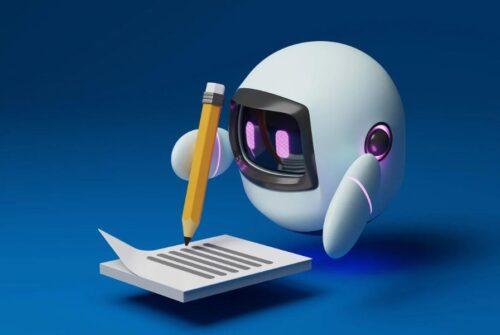
As a pediatric dentist, you can expand your career in many ways. Many go into public health and academia, while others choose to work in social programs. Others choose to stay in private practice, and still others are content with the flexibility of organized dentistry. Whichever path you choose, it is important to know the skills that are most important for your career. Listed below are some important skills that you’ll need for pediatric dentistry.
Communication skills
One of the most crucial aspects of being a pediatric dentist in Memphis TN is having excellent communication skills. As a pediatric dental practitioner, you must learn how to communicate with young patients and establish trust. Children don’t always have an open mind and may be very uncomfortable during their dental visits. For this reason, it is important to remember that they have unique needs and views on dentistry and treatment. You should be aware of these differences and develop techniques for addressing them.
The researchers gathered data by observing dental students during patient interviews. Students were given a checklist with 22 questions to answer about the patient-dentist interview. The observer completed the checklist for both students and patients. Patients’ responses were scored using a three-point Likert scale, ranging from “good” to “poor.” Students were rated according to how effectively they communicated with patients.
Compassion
A pediatric dentist must have exceptional people skills. They must have patience, which pays huge dividends when dealing with children. Children may have anxiety or fear about the dentist, and pediatric dentists must be able to calm them down without rushing them through the procedure. Compassion is also a necessary quality to build trust with children, which is essential in the field. They must also have a good sense of humor.
As a pediatric dentist, you must have excellent problem-solving skills. Because pediatric dental cases are often complex, dentists may have to make last-minute adjustments. If a child is having a bad day, a pediatric dentist might have to end the appointment early. If a child is crying or exhibiting signs of anxiety, you’ll need to have excellent communication skills. Compassion is important for this field, so it’s a good idea to practice this skill throughout your career.
Authority
Being a pediatric dentist is a great specialty, but you have to know what to look for. As a general dentist, you have to equip your practice with equipment for many different types of patients and conditions, including pediatric dentistry. As a specialist, you don’t have to worry about buying equipment for other fields, which means that you can prioritize pediatric dentistry. Moreover, you’ll be gaining true expertise and mastery of the field.
Being a pediatric dentist means being a parent’s authority. While you have the opportunity to treat children with fear, you must be able to keep them calm. Children have dental fears for a variety of reasons, and it’s up to you to handle these situations with a smile. As a result, pediatric dentists need to learn how to effectively juggle the emotional needs of their patients, escorts, and other professionals involved with dental care. Consulting with a mental health professional who deals with high-anxiety children is essential to mastering the best strategies.
Organization
A pediatric dentist’s job includes several responsibilities. Besides providing oral care, this role requires excellent people skills. Children will be more likely to trust a dentist with a great personality. Children also respond better to dentists who are warm and friendly. Organization is one of the most important skills for a pediatric dentist. If you want to be successful in this field, consider acquiring additional skills. Below are some helpful tips:
Problem-solving skills are essential in this field. Many pediatric cases can be complex. Pediatric dentists may need to change plans or end appointments early when they find that a child is having a bad day. They must be able to manage multiple tasks and work under pressure. A good organizational skill will help you stay organized throughout your career. You must have the patience and understanding to deal with the unexpected.
Knowledge of dental conditions
A good pediatric dentist must be well-versed with all stages of a child’s dental development. They have a comprehensive knowledge of all the dental diseases common to children, as well as all of the dental problems associated with adolescence. A pediatric dental office is specifically designed to be child-friendly. This type of atmosphere will encourage your child to be comfortable and relaxed during dental treatment, and your child may even begin to look forward to visiting the dentist!
A pediatric dentist will perform a dental checkup on children, identify any potential dental problems and teach parents how to help their children maintain good dental health at home. The dentist will also explain the importance of brushing, flossing and the use of pacifiers for infants. They will also discuss other important topics such as the use of thumb sucking and other practices that will help protect a child’s teeth.
Ability to establish a first connection with a pediatric dentist
Your child’s oral health is one of the most important things to consider. While a pediatric dentist’s training may be extensive, many parents are still unsure of what to expect. First impressions are extremely important. Pediatric dentists must be calm and patient with children, and this patience pays off. By using patience to help children feel calm, pediatric dentists can develop trust and a sense of comfort that is essential to young patients.
As the child gets older, the dentist’s approach will evolve, too. New technologies and materials have made pediatric dentistry more sophisticated. Additionally, genetic factors may play a larger role in oral health. In addition to their extensive training and experience, pediatric dentists have the first line of defense against developing dental issues. They can identify these problems before they affect the child. And they are the first point of care for babies as their first tooth emerges.





